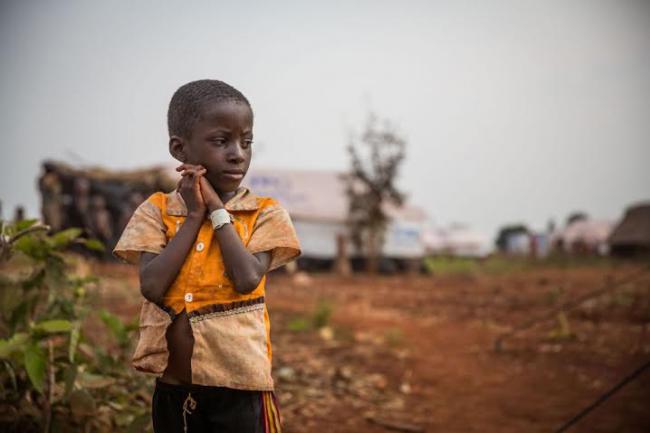24 Dec 2015

“Unless accountability is also addressed as a serious way to bring to an end what is happening, we will not see the end of the tunnel and we will see a fragile solution,” Dieng said in an interview distributed on Wednesday by the Office for the High Commissioner for Human Rights.
Burundi has been in the midst of a political crisis since President Pierre Nkurunziza decided to run for a controversial third term earlier this year, since when at least 400 people have been killed, with the toll possibly considerably higher, and 220,000 have fled to neighbouring States with many others internally displaced.
High Commissioner for Human Rights Zeid Ra'ad Al Hussein has urged the international community to take “robust, decisive” action instead of “fiddling around the edges” to avert a civil war in Burundi that could have serious ethnic overtones and alarming regional consequences.
“What we need also is to investigate seriously the atrocities, the crimes which are being committed in Burundi and to bring to account the perpetrators of those crimes,” Dieng said.
“It is key that impunity no longer prevails in Burundi.”
Regarding the investigation he called for, the Special Adviser said he “will not go to the extent of saying there is a third force but we need to investigate that aspect – because if we are told there are elements outside of Burundi who are now involved, who are providing resources, this needs to be investigated and that is why the Government of Burundi should allow an independent investigation team to come to Burundi and look into these atrocities.”
“And I am sure those investigators may identify if there is a third force or not,” he said.
The UN Security Council has called for urgent acceleration of mediation efforts by East African States and urged all Burundian stakeholders to fully cooperate with a proposed African Union (AU) peacekeeping mission.
Photo: UNICEF/Rob Beechey